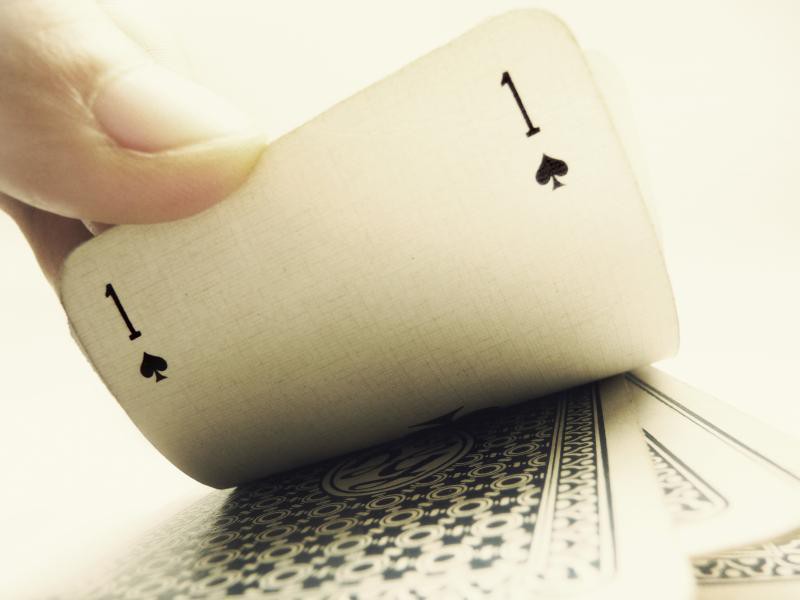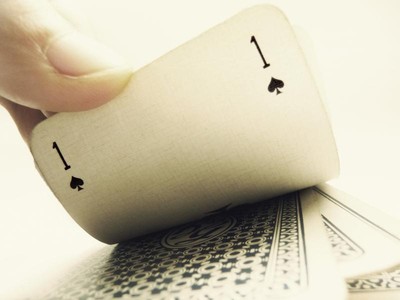

A summary of Harry Reid and Jon Kyl’s long-awaited online gambling bill, obtained by pokerfuse, outlines the pair’s vision for strengthening anti-online gambling measures, with an exception for federal online poker in the United States.
“The Internet Gambling Prohibition, Poker Consumer Protection and Strengthening UIGEA Act of 2012” looks to reinforce existing legislation including the 1961 Wire Act and 1970 Illegal Gambling Business Act (IGBA) to prevent all forms of unlicensed gambling, but with a carve-out specifically for online poker and off-track horse race wagering.
Regulation
The act calls for a state-by-state opt-in procedure through a voluntary election, which requires a majority vote in each chamber of the state legislature to pass. Inaction will result in the state opting out. A tribe can only opt-in if the state in which it resides also opts-in.
It also calls for the formation of the Office of Online Poker Oversight (OOPO), a part of the Department of Commerce, to oversee the regulation of online poker. It would appoint additional regulators to aid in the issue of licenses.
Prohibitions
States can continue to sell lottery tickets online, but are prohibited from creating games that mimic the functionality of casino games or slot machines.
The regulations specifically prohibit international player pools in online poker. Business establishments will not be permitted to allow public access to internet gambling with Internet gambling cafes being expressly prohibited.
Licensees
For the first two years only currently licensed land-based casino operators that meet certain criteria will be granted a license to operate online poker. Manufacturers of some gaming devices will also be allowed to enter the industry. Service providers will face strict suitability guidelines.
The bill also includes a “bad actor” provision that restricts entities that were involved in internet gambling in the US after the enactment of UIGEA in 2006. There will be a five-year block on such operators, unless they can convince a court that no federal or state law was breached during this time.
Tax and Revenue
Operators will pay a 16% tax on “online poker activity,” with 14% going to the states and tribes and 2% to the federal government to cover the cost of the OOPO. The tax is based on “eligible online poker receipts,” a term not defined in the summary document.
There would be increased law enforcement and penalties for illegal online gambling operators. A “whitelist” of allowed online poker operators would be issued to financial institutions, who will be required to block transactions from unlisted operators. Stiff fines face those operating outside regulation, and winnings and equipment used in illegal gambling will be subject to forfeiture.

